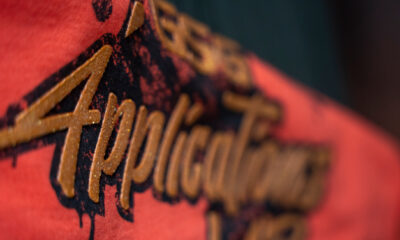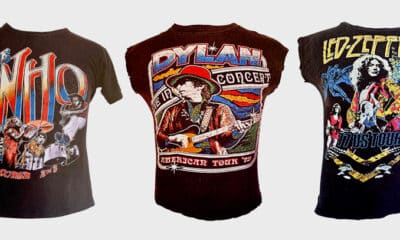“IT REALLY BOILS down to January 1, 1994,” says Eric Henry, president of TS Designs. That day, the North American Free Trade Agreement was ratified and things began to change for the Burlington, North Carolina-based T-shirt shop – along with countless other businesses, large and small, that were impacted as brands moved manufacturing overseas. Within two years, TS Designs had laid off 80 percent of its staff.
When such moments happen, you can do one of two things: Give up, or change your way of thinking. Henry, of course, chose the latter, and today TS Designs sports the tagline “Printing T-shirts for good,” with a roster of clients like NPR, Organic Valley, and Dogfish Head Brewery. How did they do it?
“I came to realize that there’s more to a business than the bottom line,” says Henry. He transformed his business mindset to consider what’s now known as the triple bottom line: people, planet, and profit. The company completely reinvented its customer base, finding customers who, according to Henry, “see a value beyond price.”
 He makes it sound easy, but establishing that value came from years of re-envisioning every aspect of the business, from eliminating Styrofoam cups and individual coffee creamers to installing a solar energy system.
He makes it sound easy, but establishing that value came from years of re-envisioning every aspect of the business, from eliminating Styrofoam cups and individual coffee creamers to installing a solar energy system.
“Small changes over a long time have a big impact,” Henry says. For example, the shop recently upgraded to LEDs throughout its 16,000-square-foot facility. Henry says the lighting is roughly 30 percent more efficient and 25 percent brighter – making employees’ jobs easier while saving the company money and reducing its environmental impact. “Twenty-six years ago, you didn’t care about your electricity costs, and you didn’t really know where your energy came from,” Henry says. Today, he fully appreciates the difference that conducting business with such simple information can make.
The company also developed what it calls the Rehance process. It was the late ’90s, and they were still seeking a unique process and product to differentiate themselves while offering additional value to their customers. The two-step system they came up with involves printing white blanks before the garments are dyed rather than afterward. At that time, water-based ink technology still lagged in getting opaque prints on a dark shirt, and the drive to remove PVC and phthalates from plastisol was still in its infancy. Rehance uses a specially formulated, dye-resistant, water-based ink made in-house. On Monday, Tuesday, Wednesday, and Thursday, the TS team prints white T-shirts on their TAS presses. Friday, Saturday, and Sunday are when the printed garments are dyed. Henry says the final designs are crack-, peel-, and heat-resistant, and provide a soft hand while using less ink, and without the additional chemicals involved in discharge printing.
Advertisement
Then, 10 years ago, the company launched another differentiator: Cotton of the Carolinas, a T-shirt line that’s produced, as Henry says, from “dirt to shirt in 580 miles.” TS Designs buys cotton from North and South Carolina growers, converts it, and stitches in a process that consumers can easily track. At whereyourclothing.com, clients can enter the tracking info and learn about every person, from farmer to knitter to cut-and-sew operator, who had a hand in creating their shirt.

Henry says there are two ways to hold businesses accountable – regulations and transparency – and he believes in the power of the latter. “We are what we are,” he says. “We’re making our business completely transparent to the marketplace. It builds a level of trust that allows us to learn and grow.” And to Henry, it’s simply doing what’s right. He adds, “Business can be the power of change, and we want to be part of that change.”
Read the entire Printing With a Purpose series.
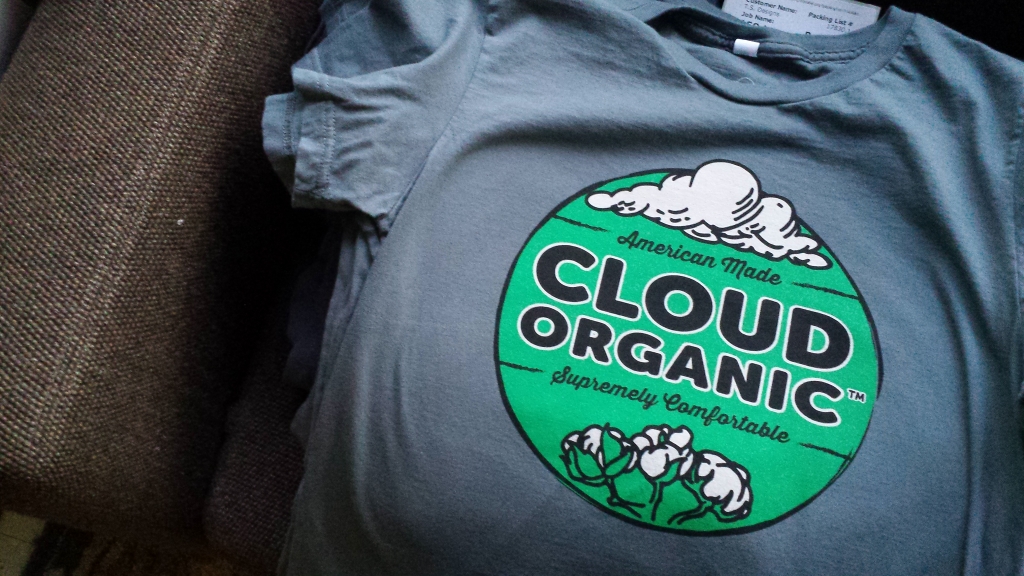
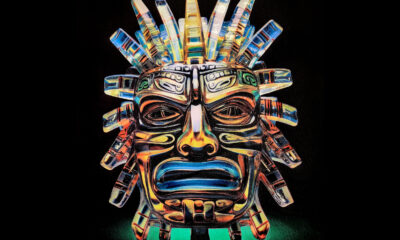
 Case Studies2 months ago
Case Studies2 months ago
 Art, Ad, or Alchemy2 months ago
Art, Ad, or Alchemy2 months ago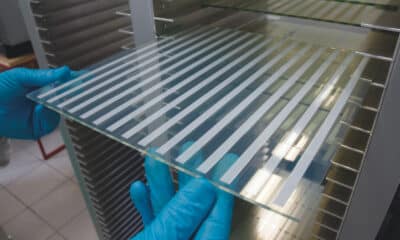
 Andy MacDougall2 months ago
Andy MacDougall2 months ago
 Columns3 weeks ago
Columns3 weeks ago
 Editor's Note3 weeks ago
Editor's Note3 weeks ago
 Marshall Atkinson3 weeks ago
Marshall Atkinson3 weeks ago
 Thomas Trimingham2 months ago
Thomas Trimingham2 months ago
 News & Trends2 months ago
News & Trends2 months ago
 He makes it sound easy, but establishing that value came from years of re-envisioning every aspect of the business, from eliminating Styrofoam cups and individual coffee creamers to installing a solar energy system.
He makes it sound easy, but establishing that value came from years of re-envisioning every aspect of the business, from eliminating Styrofoam cups and individual coffee creamers to installing a solar energy system.
